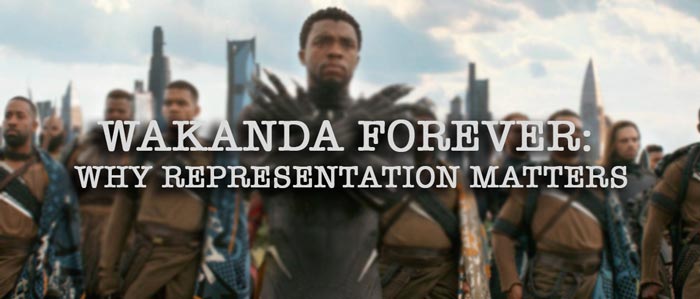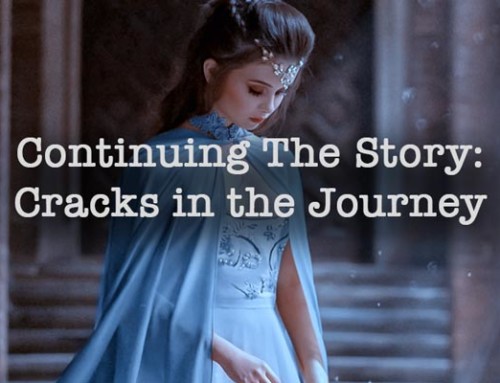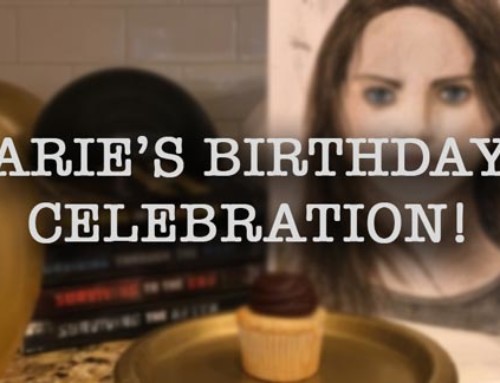Recently, I had the pleasure of reading an awesome book, A Gentleman’s Guide to Vice and Virtue, filled to the brim with humor, adventure, pirates, and finding one’s true self. It was cute, inspiring, and fun, and I was really surprised at how much I loved it (and I LOVE when that happens).
The real kicker for me came when I was already well into the book: a shocking revelation that one of the characters, Percy, had a debilitating illness. Epilepsy. Nowadays, epilepsy is a little more common, but back in the 1700s in Europe (when the book is set) the illness was scarce. Since there was no real knowledge of the disease, most people attributed the seizures with devils and possession—major taboo. Without a cure or treatment, Percy’s guardians finally kick him out, not wanting to deal with everything his illness brings. As a young adult, all his plans for his life—law school, marriage, and adventuring with his best friend—suddenly dwindle, as he is being sent to an asylum where he’ll likely live out his years and die. His chronic illness took away everything he was hoping for, and society won’t accept him because of it.
Reading about Percy’s struggles and debate with his best friend on what to do, the words struck something deep inside my heart. And I thought, hey, that’s me.
Unless you live under a rock, you’ve heard of the massive success of Marvel’s latest superhero movie, Black Panther. Not only has it made over a billion dollars worldwide, it’s become a major cultural phenomenon as the first mainstream film—a superhero film, no less—that features predominantly black people, including the lead, director, and majority of the supporting cast and crew. With that triumph as a backdrop, the plot celebrates African culture and explores life through the lens of a minority—a lens of honor and respect, set in the beautiful and groundbreaking country of Wakanda.
And it’s absolutely amazing.
Fans everywhere have celebrated the film for breaking so many barriers that we shouldn’t have had in the first place. Even me, a super white girl from Utah, understood the magnitude of this—even I got chills, and even I found strength in watching such amazing characters like Nakia, Shuri, and Okoye. It reminded me of when I saw Wonder Woman for the first time. While a decently average movie, Gal Gadot achieved something amazing in her film depicting one of the most beloved superheroes of all time. I’ve talked to many women who cried during the movie, because it was so powerful to see females—to see us—represented on screen and represented well, for the entire world to see. To quote one viewer:
“Watching a superhero movie directed by a woman is like putting on glasses for the first time: I didn’t realize how much I had to squint through the ‘male gaze’ until suddenly, miraculously, I didn’t have to. There were absolutely no eye candy shots of Diana. There were Amazons with aging skin and crows feets and not one of them wore armor that was just a glorified corset. When Diana did the superhero landing, her thigh jiggled onscreen.
“Did you hear me? Her freaking thigh jiggled. Wonder Woman’s thigh jiggled on a 20 foot tall screen in front of everyone. Because she wasn’t there to make men drool. She wasn’t there to be sexy and alluring and flirt her way to victory.
“Thank you Patty Jenkins, for giving me a movie about a woman, told by a woman, so I can see it through my own eyes—not some dude bro who’s there for boobs and butts.”
Wonder Woman stands as a massive achievement for females everywhere, and I’m positive I won’t be the only one that will remember it forever, just as I’m sure everyone that identified with Black Panther will hold it with them. This stuff sticks with us. It makes an impact. There’s something immensely powerful about watching a screen or reading a page and thinking: That’s me. They get me.
It’s my firm belief that empathy is the key to saving humanity. Fiction helps us to find, experience, and practice empathy in its purest form. We feel emotions for people that don’t even exist. We cheer with them, cry for them, and internalize what they go through. We feel it. And when we see someone that resonates with us, when we see what we thought made us strange and weird reflected back to us, something clicks within us. The ‘me too’ feeling is almost as close to magic as we can get in this world. It’s empowering.
I read a story a girl told about taking her father to see Rogue One. She wrote, “I wanted my Mexican father, with his thick Mexican accent, to experience what it was like to see a hero in a blockbuster film speak the way he does…When Diego Luna’s character (Cassian) came on screen and started speaking, my dad nudged me and said, ‘He has a heavy accent.’ I was like, ‘Yup.’ When the film was over and we were walking to the car, he turns to me and says, ‘Did you notice that he had an accent?’ And I said, ‘Yeah, Dad, just like yours.’ Then he asked if the film made a lot of money. I told him it was the second highest grossing film of 2016 despite it only being out for 18 days in 2016. He then asked me if people liked the film and I told him [they did] and it has a huge following…He then asked me why Deigo Luna hadn’t changed his accent and I told him that Diego has openly talked about keeping his accent and how proud he is of it. And my dad was silent for awhile and then he said, ‘And he was a main character.’ And I [nodded] and my dad was so happy. As we drove home he started telling me about other Mexican actors that he thinks should be in movies in America. Representation matters.”
As an avid fangirl and lover of all fiction, I see every day—sometimes multiple times a day—why representation matters.
I see it in the book I’m reading, how it makes me feel a little less alone and a little stronger, a little more able to face the next day.
I see it in viewers of movies like Wonder Woman and Black Panther. I see in stories like the girl told of her father seeing Rogue One.
I see it in the ecstatic audiences of the YA adaptation of Love, Simon that came out this weekend: the first mainstream teen romance movie where the lead is gay.
And I saw it in a pack of kids on a choir trip, staging a flash mob in a viewing of The Greatest Showman—kids who likely know the feeling of loneliness and shame for being themselves, but proudly stood up with Keala Settle to scream with the rest of us: this is me.
After the film, the lady sitting next to me turned to me with tears in her eyes and said that was one of the most amazing things she’s ever seen. I agreed, and we talked for a bit longer before she gestured to me and said, “This is what experiences like this do to people: makes friends out of total strangers.” I nodded, because that theater was filled with strangers, and yet for a magical hour and forty-six minutes we found ourselves in Barnum’s group of circus freaks.
Representation matters.
While movies aren’t for everyone, we have to admit that film and fiction are a major part of our society. They matter. And what is in those movies, what we see, that matters too. Unless you’ve had a ‘Wonder Woman Moment’, you don’t realize how hugely important and empowering representation in fiction is—especially in mainstream fiction it seems the whole world is a part of. It connects us, binds us in a way that nothing else can.
And we need that connection. So badly.
Because in today’s world, a world literally falling apart at the seams faster than ever before because the people in it are tearing each other into pieces, we need to be reminded who we really are. We need to be reminded of who we really can be. And we so desperately need to be reminded that we are all so blatantly different, and yet together we can be so much more than we are.
We can be a fierce female warrior, carrying the banner of true feminism and fighting for those around them—for equality—without sacrificing their femininity.
We can be a black man in our modern society, and be the pinnacle of respect, integrity, and love, paving the way for change while still honoring the past.
We can be a chronically ill young adult, reaching a place they can look their best friend square in the eye and say, “I don’t need to be healthy to be happy.”
Representation matters. We need it, now more than ever.
And thanks to characters like Cassian, Lettie, Diana, and T’Challa, we’re a little closer to getting there.
#wakandaforever


